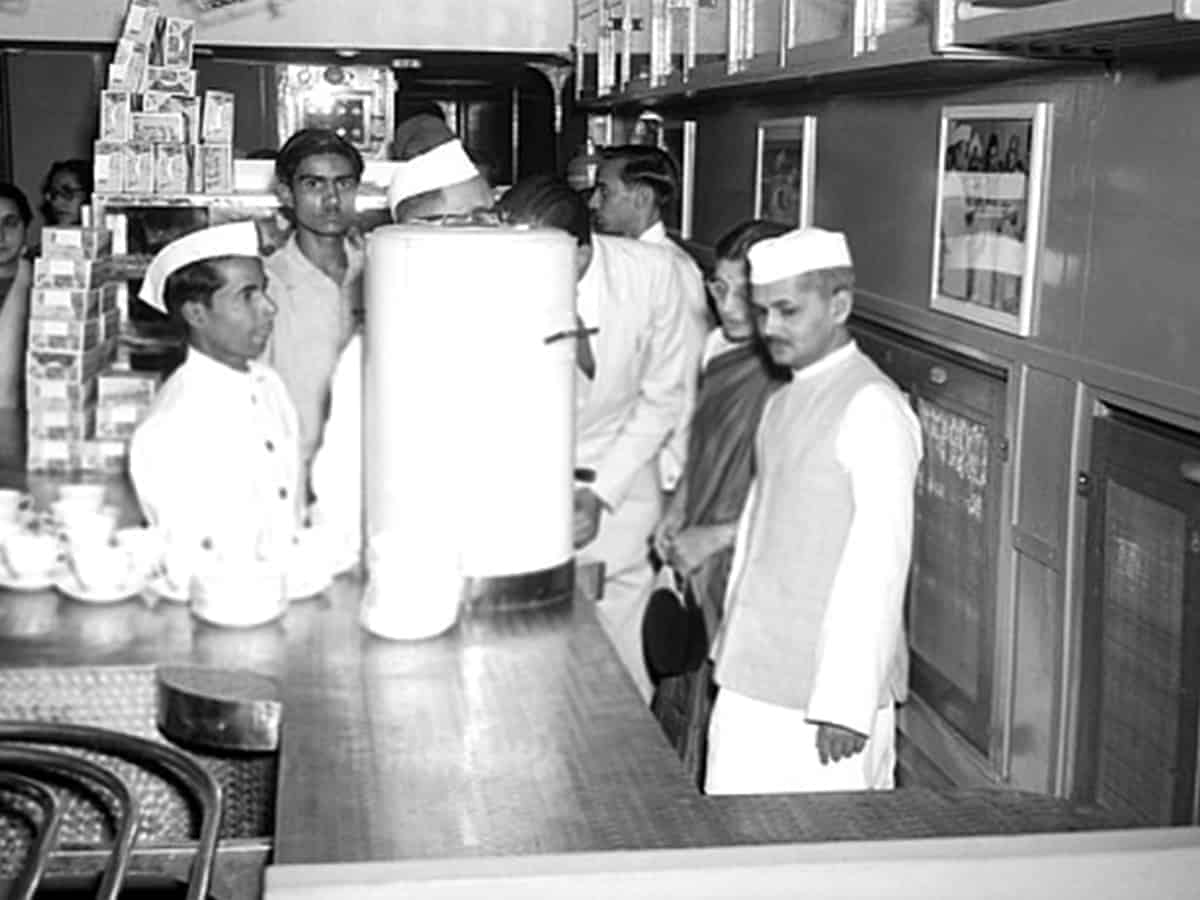In the history of Indian politics which is dominated by dynasty and corruption, one figure that stands out with ethics, integrity, simplicity and austerity, like an oasis within a desert. He was Lal Bahadur Shastri. A disciple of Mahatma Gandhi, Shastri also was born on October 2, in the year 1904.
After being deeply influenced by Mahatma Gandhi’s call for the independence movement, Shastri joined the group where he demonstrated exemplary characteristics of honesty which had impressed even the British officials. Once, while he was jailed during the independence movement, he was informed that his daughter was sick. He requested for 15 days to visit her and was granted under the condition that he must not participate in the freedom struggle in those 15 days. Unfortunately, by the time he reached his home, his daughter had already died. After performing the funeral and last rites in less than three days, Shastri is known to have immediately returned to jail despite having 12 more days of freedom from jail.
There is one instance that is often held up as a golden standard for probity and rectitude in public and defined Shastri as a man of integrity.
In August of 1956, a major railway accident occurred in Mahabubnagar (in the then Andhra Pradesh) killing as many as 112 people. Shastri, who held the Railway Ministry in Nehru’s cabinet, submitted his resignation to the Prime Minister owning moral responsibility for the accident. Nehru however, refused to accept his resignation and persuaded him to stay on.
A few months later in November, there was another railway accident in Tamil Nadu’s Ariyalur which resulted in at least 144 deaths. Shastri again offered his resignation promptly, pleading the Prime Minister to accept it at the earliest. This second resignation offered by Shastri attracted nation-wide attention. The Pioneer in its editorial on 26 November 1956, soon after the Ariyalur accident, said that ‘accidents happen in the best-regulated railways, but then accidents ought to be exceptions rather than the rule.’ While making out a case for greater safety measures, it did not hold the railway minister responsible in any way.
In his resignation letter, Shastri wrote that ‘it will be good for me and the Government as a whole, if I quietly quit the office I hold.’ It may be important to underscore the use of the word ‘quietly’ by Shastri, as this appeared to be his second nature.
Even as over thirty Members of the Parliament appealed to the Prime Minister to not accept the resignation as Shastri cannot be held responsible for the accident, Nehru forwarded the resignation to the president for acceptance. Elaborating on the issue, Nehru spoke in Lok Sabha: “No man can wish for a better colleague in any undertaking… A man of the highest integrity, loyalty, devoted to the ideal, a man of conscience and a man of hard work. We can expect no better. It is because he is such a man of conscience that he feels deeply whenever there is any failing in the responsibility entrusted to his charge.”
Shastri was later re-inducted into the Cabinet, went on to take up other roles including that of Home Minister and later the Prime Minister at a very crucial juncture in India’s post-independence history. Yet, over the years, Shastri’s decision to quit, owning moral responsibility for the train disaster has been frequently quoted to remind ministers of their ethical obligations. Very few have followed Shastri’s example, and even when they have, it has been more of a mask to cover blatantly personal or political goals.

